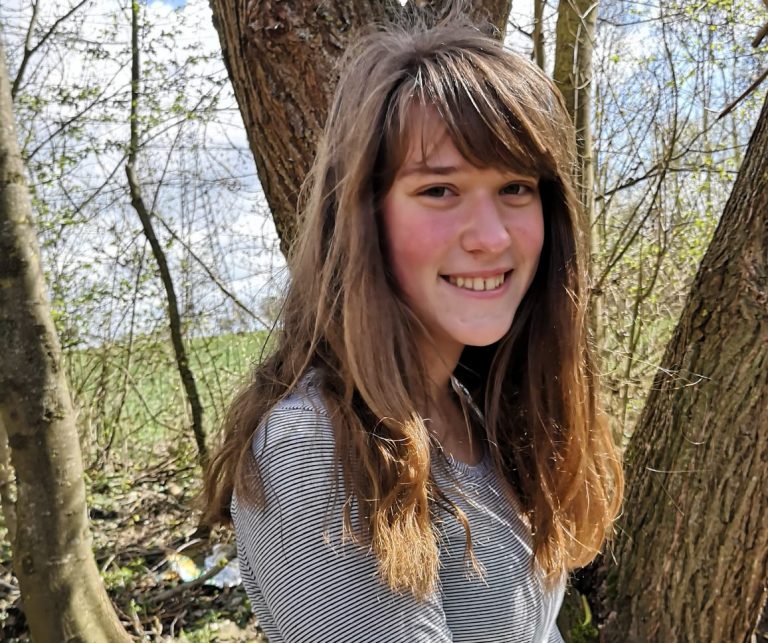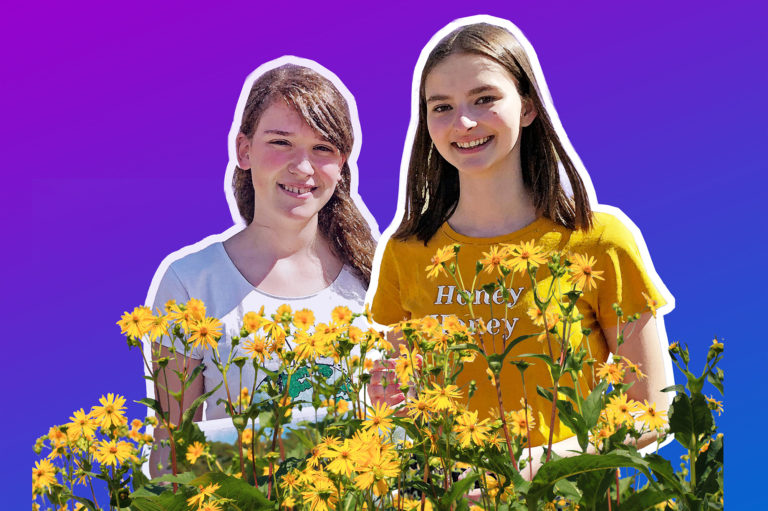heading

Hi I am Melina, a student in the 11th grade, 16 years old and interested in science. Since the age of 11 I work on my one science projects. I really enjoy learning new interesting facts or finally understanding the experiment I have been working through. I often take part at some science competitions to meet other students. During these events we always play games the whole night and have a lot of fun. I am really sad that that can’t take place this Year but I am looking forward to the end of the pandemic. I also love reading books, skiing, riding and meeting my friends. And as it is obvious after reading this article my English is awful.
Tell us what the water concern in your country is!
I am living in Germany so appart from some few cities we are not really scared of the sea because our cousts are short. But in Germany we had to deal with unusual wether in the past few years. Sometimes it is even in spring really dry wich causes a lot of dead forrests and crops in the past year. Also sometimes if the rain finnaly arrives its often to strong or to much and we have had floowdings. But in general we are a "luky country" and our problems are in this moment smal enough to deal with them.
This is what I think is one of the solutions for a sustainable future:I think a sustainable future can not be achieved with one revolutionary idea. We need a lot of little ideas and little parts and little descoverys to bild our future out of theme. But to achive this goal it is important that every country and every person work together because we all live on the same planet and we can only protect this planet and live in peace together if we help each other and work hand in hand. People from all over the world have to share there descoverys and know-how to use it the most effective way all over the world.

Silphium perfoliatum – a newcomer for an ecologically sustainable energy agriculture
The importance of soils for the environment and for humans is often underestimated. Soils are an integral component of nutrient and water cycles and ultimately constitute our basis of life. In our project, we have comparatively analyzed the two energy crops corn and cup plant, an agricultural newcomer, with regard to water retention, nitrate filtration capacity, influence on humus formation and potential for reintegration of depleted soils. After numerous laboratory and field trials the cultivation of the cup plant can be recommended especially in the context of climate change and in areas where erosion is prominent and water protection is needed.
